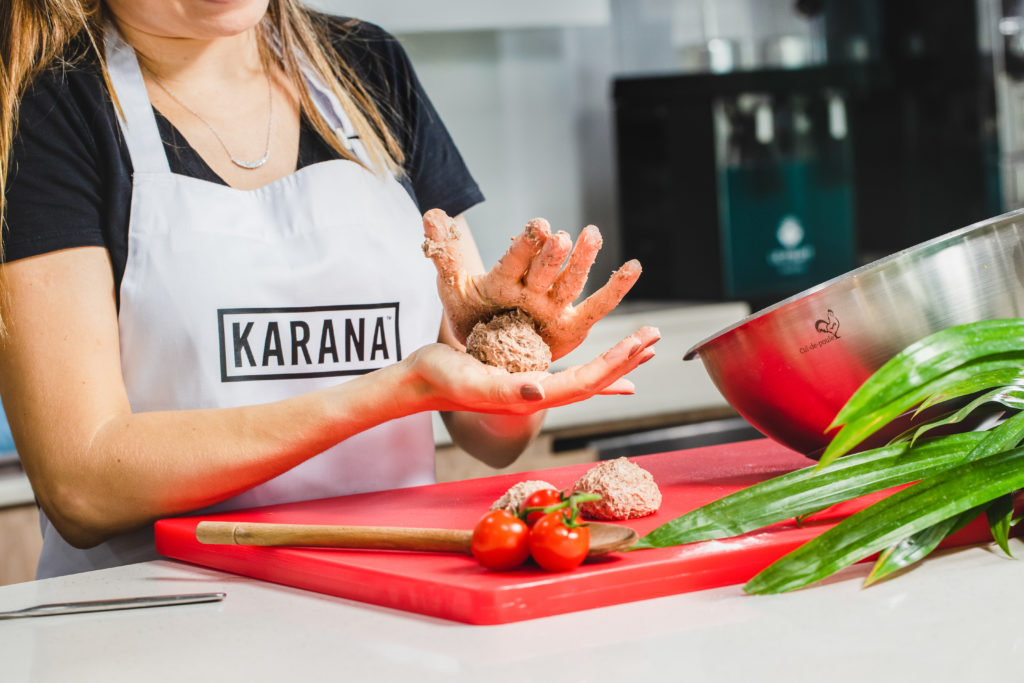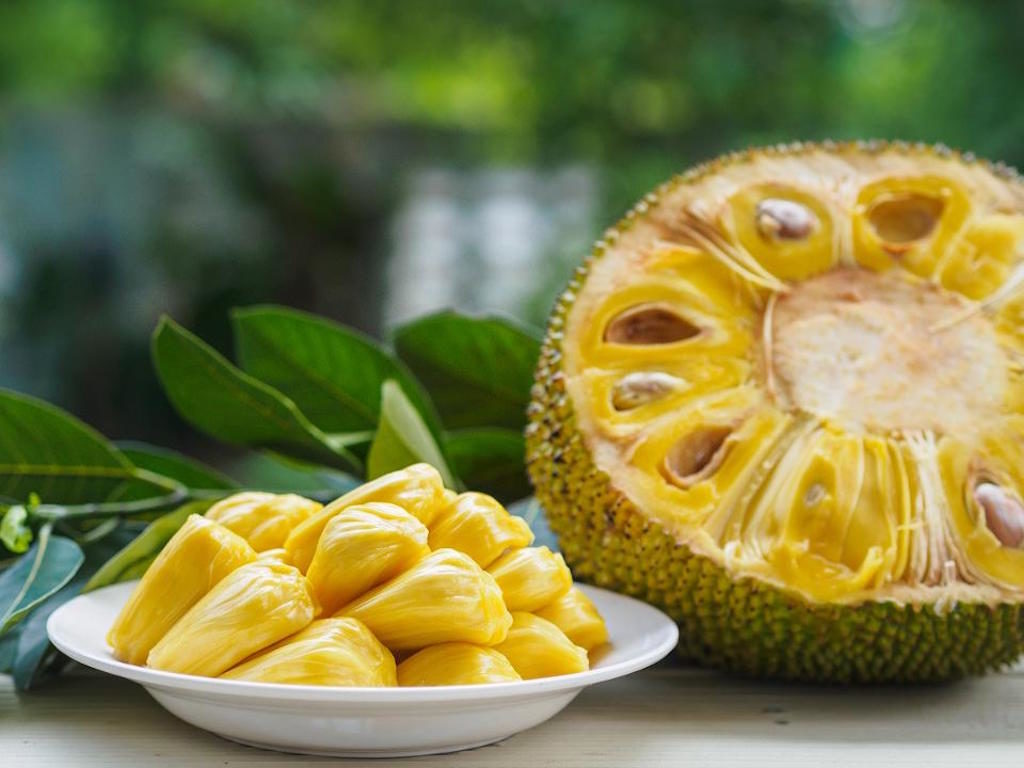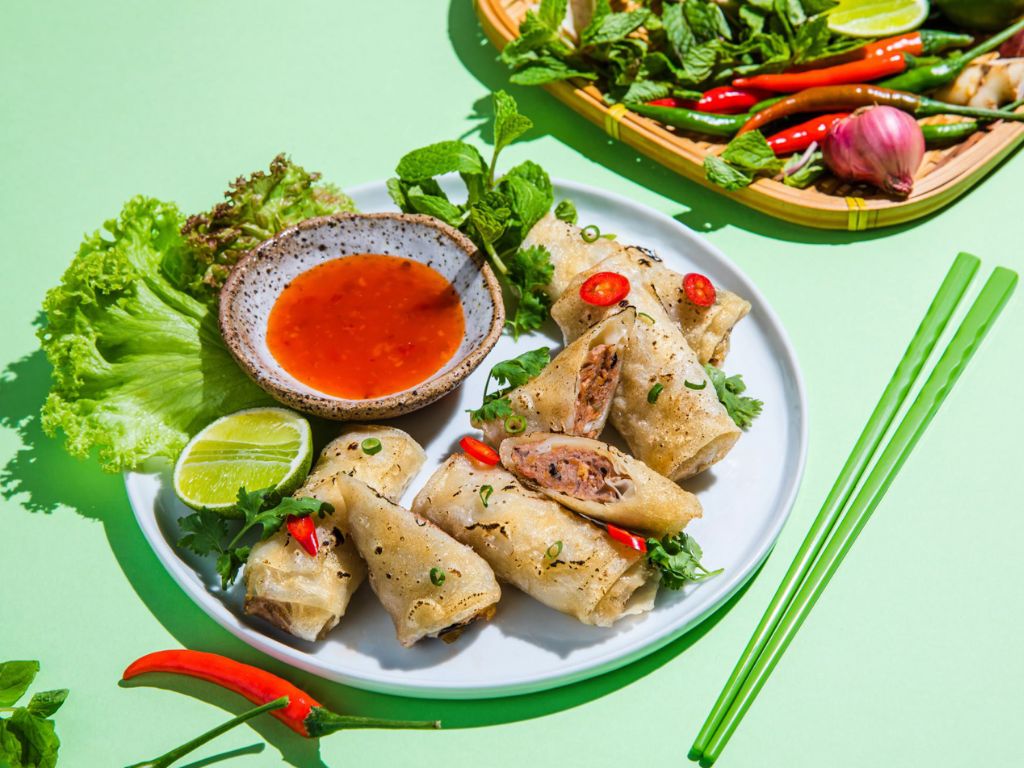3 Mins Read
Singapore-based start-up Karana is aiming to make jackfruit a staple global food by scaling up the supply of this regenerative crop over the next two decades. And its recent ten-fold growth over the last two years shows the brand is well on its way.
Jackfruit has gained attention in recent years for its meaty-like texture and superior sustainability to meat and some plant-based alternatives. Karana says there’s room to expand the jackfruit market and not just for people looking to eat less meat.
‘No better crop than jackfruit’
“Our food system is in crisis — it is both a driver of, and greatly impacted by, climate change and our reliance on a small number of ingredients that often require heavy processing is destroying our health and our soil,” Karana’s co-founder Blair Crichton said in a statement.
“From a sourcing, nutrition, sustainability, and product performance perspective, there is simply no better crop than jackfruit and the global platform we are building is allowing it to reach new markets and consumers in new formats.,” Chrichton said.

Karana says it’s well on its way to making the fruit meat more accessible as it has expanded the placement of its minced jackfruit and potstickers in Singapore, including a collaboration with local CPG brand Good Food People by Salad Stop!, which includes gyozas, beef wellington, and chorizo meatballs.
It also has placement now in 20 Hong Kong locations and is working to expand across the U.S., with placement in San Francisco at Empress by Boon, Wild Seed, and Mr. Tipples, and a launch coming to New York City’s 23-location bodega Plantega next month.
The company closed a $1.7 million seed funding round in 2020.
Jackfruit meat, sustainable future
Jackfruit has a long history of use as a meat substitute and in many culinary applications across the regions where it grows including India and Sri Lanka, but Karana says as much as 60 percent of this anchor crop is currently going to waste.
During Sri Lanka’s recent food crisis caused by poor agricultural production, price spikes, and the country’s ongoing economic crisis, jackfruit played a critical role in supporting communities. Karana says the crop can also help with reforestation efforts — deforestation often comes as land is razed for conventional crops such as soy. But since jackfruit is a tree fruit, it can play a key role in reforestation and biodiversity.
The company is currently working with Sri Lankan producers in order to expand output and build out a scalable approach it can bring to other locations around the world.

“What’s key to this expansion is the fact that the crop will add value, income, and mitigate climate risk for farmers and communities in markets that have not historically incorporated jackfruit in any kind of commercial model,” Karana co-founder Dan Riegler said.
“Our next phase, with pilots and partnerships already underway, includes looking at ways that jackfruit can become a staple crop in tropical geographies around the world, and we are actively testing and studying the most effective ways to introduce it without adding risk or requiring inputs and resources from farmers,” Riegler said.
“We are harnessing and applying technology to localise and expand around the world in the most impactful way possible that supports and celebrates traditional and indigenous approaches to farming, which have been destroyed and displaced by modern industrial agriculture.”



